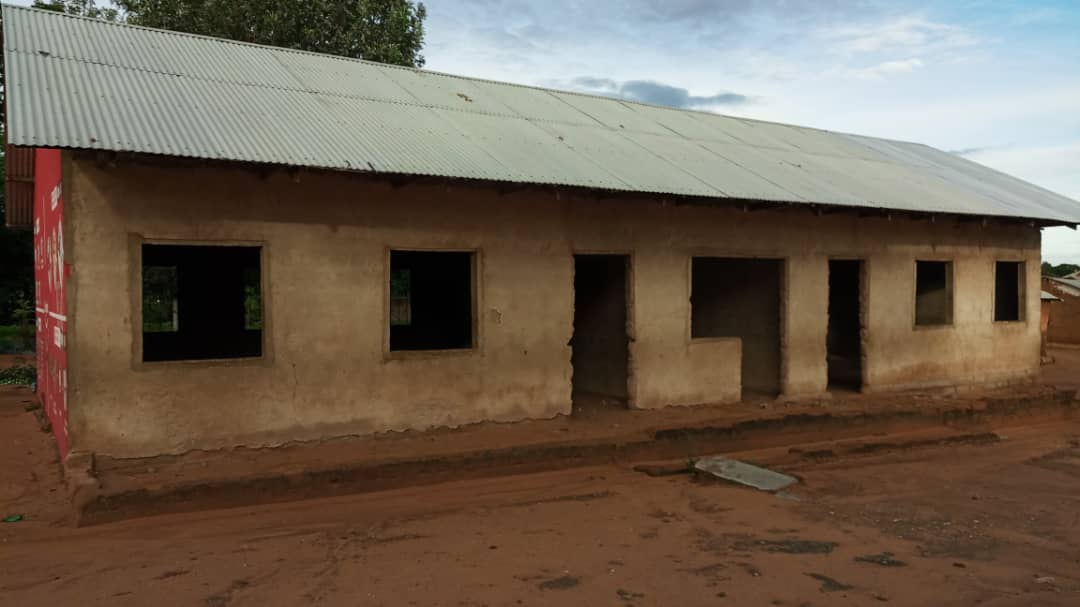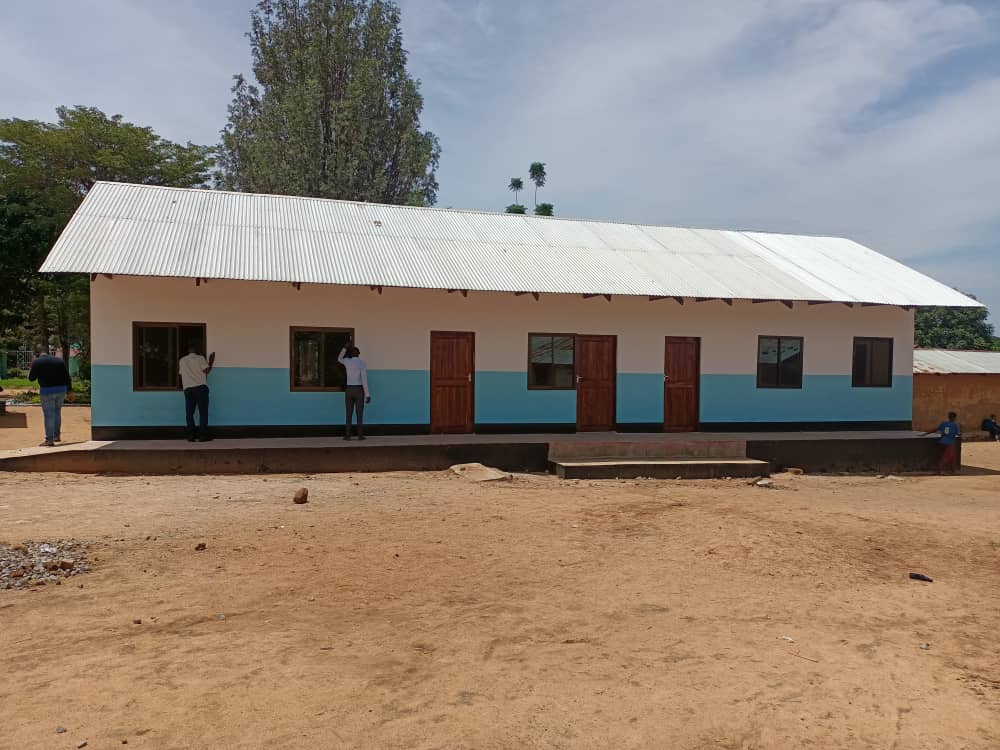About the Program
This course brings together four main themes or learning strands, which are:
- Community service-learning
- Vulnerability and marginalization in education
- International/global/intercultural learning, and
- Experiential education
It explores the complex relationship between students out of school lives and their school experiences. A central outcome is for teacher candidates to appreciate that teachers teach students, not subjects. Teacher candidates will also focus on strategies for integrating service-learning in their own teaching.
Program Focus
The centerpiece of the course is the Global Community Engagement Program (GCEP) [see below], through which teacher candidates authentically explore vulnerability and marginalization in education in a global context. The GCEP provides opportunities for teacher candidates to plan and implement local and international service-learning projects.
International Projects & Initiatives
Tanzania
Specific projects include:
- Textbook project (over 3000 textbooks supplied to primary and secondary schools since 2017)
- Girls’ Leadership and Empowerment Program (provides leadership and empowerment training planned and delivered by teacher candidates to secondary school girls in Singida, Tanzania)
- Teaching in local schools
- Community service projects (e.g., social justice project with adults and children with albinism; distribution of mosquito nets to fight malaria
- School food program (establish and support school gardens and farms)
- Financial support to pre-and post secondary students (tuition, uniforms, boarding, school supplies, food)
- Support for orphaned and vulnerable children (food security, health and well-being, education)
Jamaica
Projects in Jamaica focus on outdoor experiential learning especially schoolyard enhanced learning and literacy. Specific projects include:
- School Food Program (establish and support school gardens).
- Recycling programs.
- Reading and literacy (providing classroom resources and computers).
- Teaching in local schools.
- Financial support to primary and secondary school students (uniforms, school supplies, data for online learning during COVID-19, food).
- A greater understanding of the relationship between children’s out of school lives and how they experience school and schooling
- Understand the impact of a myriad of factors of vulnerability and marginalization (poverty, gender, sexual orientation, race and ethnicity, and culture) on children’s educational experiences
- Actively engage in planning and implementing service-learning projects
- Increase appreciation for community service-learning as a teaching strategy
- Work with and in marginalized and vulnerable communities
- Enhance social and cultural awareness and responsiveness
- Gain international and inter-cultural experience in non-western contexts
- Global Community Engagement Program (GCEP) (see below)
- Annual Vulnerability, Marginalization in Education Conference and Expo (VMECE). The VMECE is the Faculty of Education’s social justice in education conference. It is a one-day event planned, organized, and run by teacher candidates in the VME class
- 20 hours of service in a community organization
- Fundraising for local and international projects
- Collaborations with local community agencies (e.g., participating in United Way-run Poverty Simulation Workshop, ‘Living on the Edge’, and developing curriculum resources for Ontario Student Nutrition Program ‘Farm to School’ program)

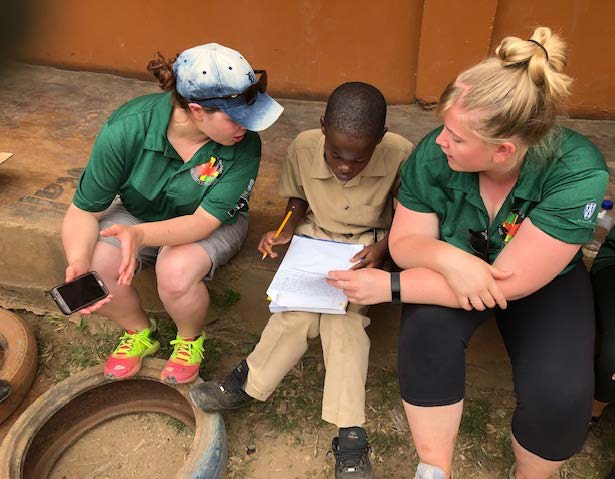
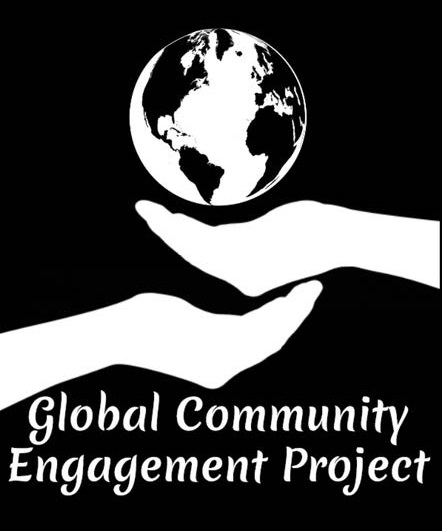 The GCEP is the hands-on experiential component of the course Vulnerability, Marginalization and Education. It provides opportunities for community engagement for teacher candidates through active participation in service-learning projects locally, and internationally. Through the GCEP, teacher candidates will plan and implement service-learning projects and activities. An important aspect of this is the opportunity to participate in international service-learning projects (ISLP) in a foreign country. Current ISL projects take place in the Republic of Tanzania in east Africa (Teach Tanzania) and Jamaica in the Caribbean (Teach Jamaica).
The GCEP is the hands-on experiential component of the course Vulnerability, Marginalization and Education. It provides opportunities for community engagement for teacher candidates through active participation in service-learning projects locally, and internationally. Through the GCEP, teacher candidates will plan and implement service-learning projects and activities. An important aspect of this is the opportunity to participate in international service-learning projects (ISLP) in a foreign country. Current ISL projects take place in the Republic of Tanzania in east Africa (Teach Tanzania) and Jamaica in the Caribbean (Teach Jamaica).
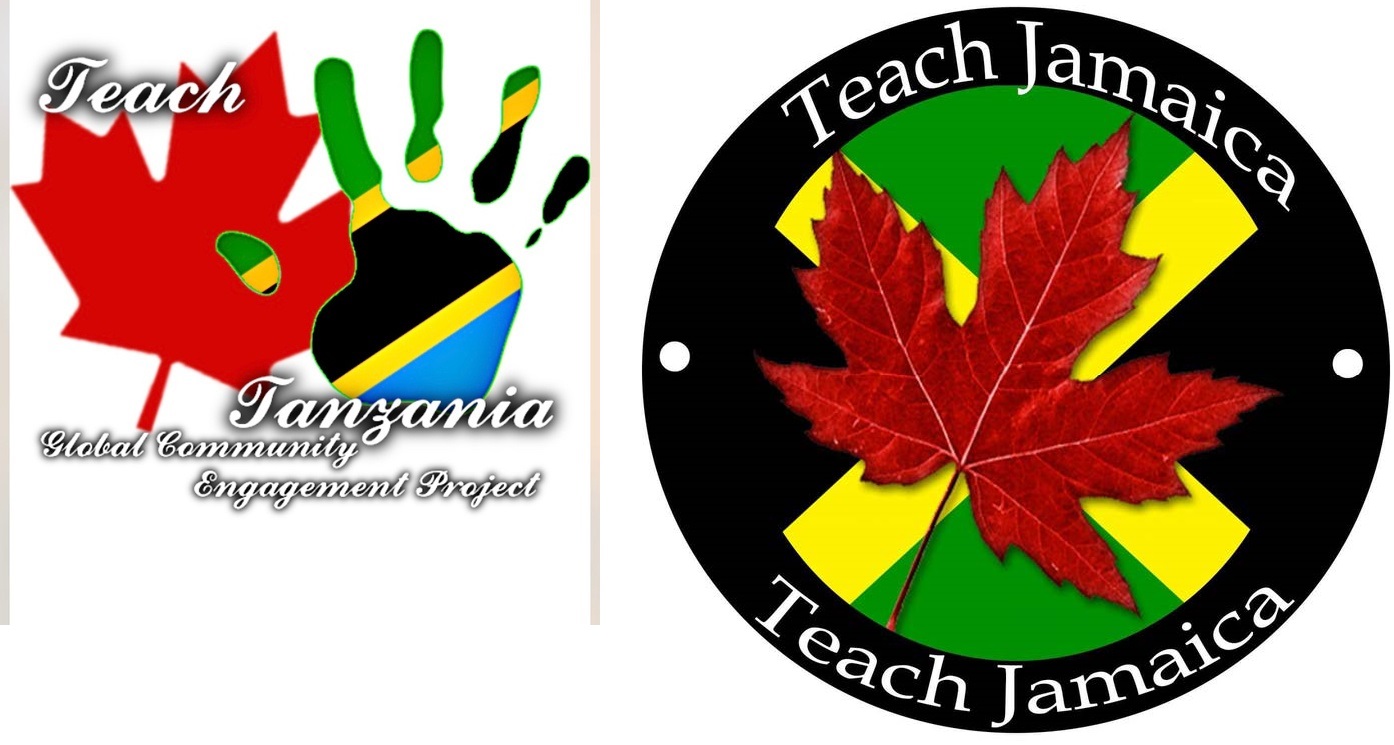
These two projects allow teacher candidates to travel to one of these destinations for short-term experiences of three to four weeks. Teacher candidates engage in teaching in local schools and implementing educational projects in schools and service projects in marginalized communities. The projects are identified by local stakeholders in the host countries and serve rural schools and communities with socio-economic challenges and other disadvantage.
Audrey Schumacher -- B.Ed. 2019 Intermediate/Senior Division (Music and History)
“Not a day has gone by without thinking about my time in Tanzania and the many things I learned there. The biggest impact in my life was running the girls leadership program, and seeing the children of Singida thrive in the face of adversity. They have minimal resources; poor living conditions or strained family relationships; limited access to health care; and limitations based on gender, culture, or status. The girls we worked with brought new meanings to the words strength and perseverance. They came every day with open hearts and open minds, ready to learn regardless of the baggage they left at the door. They taught us far more than we could have ever taught them, and I will carry these girls with me in my heart the rest of my life. I’m often overcome with emotion when I think about the ripple effect and impact of a simple gesture within a community. Something as simple as sitting to eat with newcomers to our program who didn’t know anyone else there, or including a boy with Down’s Syndrome in a school wide activity can spark acts of love and acceptance, and could change someone’s life forever. Above all I value the sense of community I realized in Tanzania, and how important it is to have a community; to have each other’s backs, to encourage each other to greatness and spread that potential for greatness. I could never put a price on this experience, it’s value was beyond measure.”
UWindsor education students head to Tanzania
Windsor Star article -- March 05, 2020

University of Windsor education students Dani Dimu, left, and Lexi Sawchuk gather some the donated items which will be packed into 20 full-sized hockey bags for a trip to Tanzania, Africa. Items include sunglasses, text books, feminine products and stuffed animals. The sunglasses will be given to those dealing with albinism, a marginalized condition in Tanzania. PHOTO BY NICK BRANCACCIO / Windsor Star.
Tanzania Classroom Project

On March 13, 2020, on the eve of their departure to Tanzania, 22 teacher candidates (one of whom was taking her two young girls to provide the experience of their lives) were devastated when the outbreak of the Covid-19 pandemic forced the cancellation of their trip. This was an experience they had been preparing for since September 2019.
The students had raised thousands of dollars for educational, poverty alleviation, and community development projects on their trip including a leadership program for secondary school girls and collected 25 hockey bags of school resources and other items they were going to distribute to schools and other organizations. The thought was that these things would go in 2021 and the funds would be spent then as well. Of course, Covid-19 had other plans and there was no trip in 2021 either.
With the pandemic raging and education suffering in the rural region of Singida, Tanzania, program leader Dr. Clinton Beckford found the perfect way to honour the Class of 2020 and making a lasting impact on the community and country. One of the local schools the UWindsor team has worked with over the years had started building a classroom block with two large classrooms and a staff room for teachers and a washroom. Lack of resources stymied the project, and no progress was made for ten years. The empty shell was an eye sore and hazard for the Utemini Primary School. At the same time some classes at the school had over 75 students as the school only had 10 functional classrooms with enrolment 1146 students.
Working with the school and local partners in Singida led by Pastor John Mafwimbo, the plan was hatched to renovate/construct the classroom block and the washrooms and include a female only washroom. The effort was supported by the Global Education Development Fund, a Rotary Club of Windsor (1918) international project started by Dr. Beckford and several Faculty of Education alumni.
Washrooms Before & After
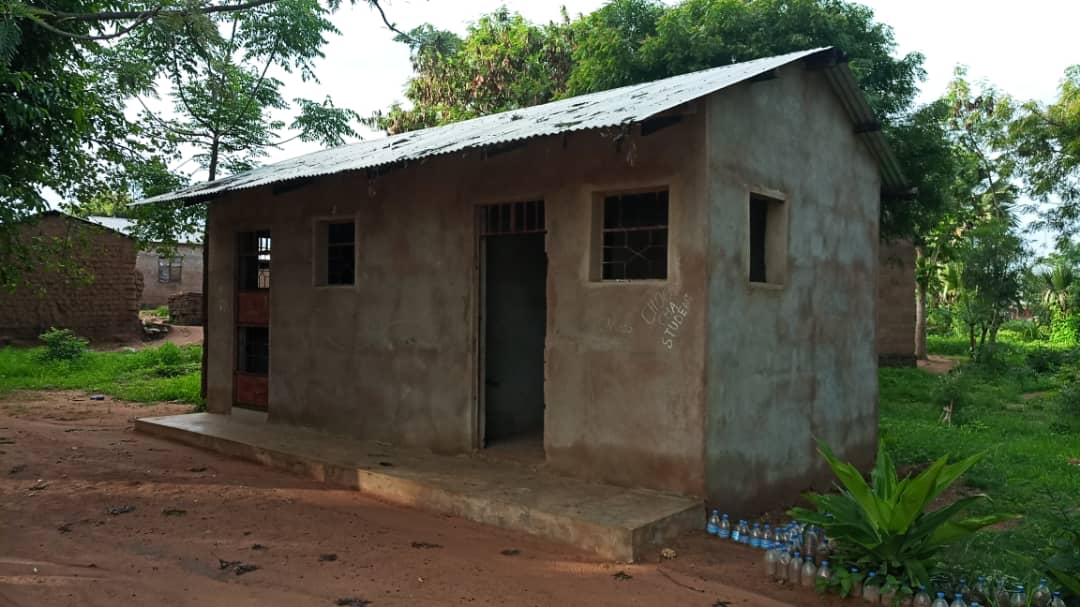
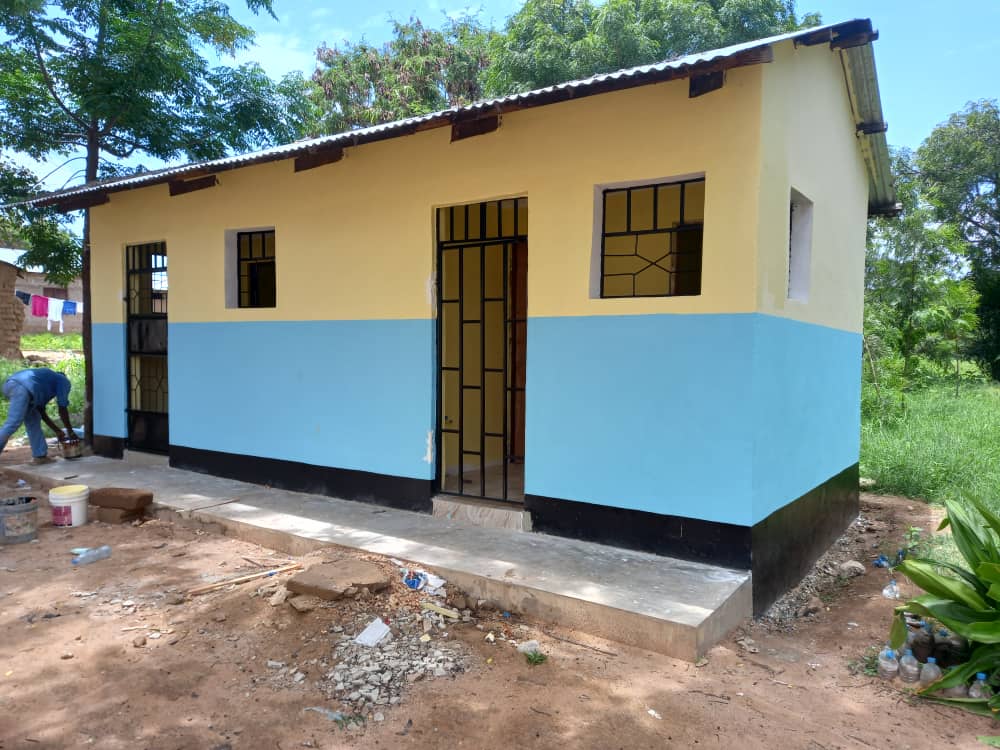
In February 2022 students and teachers in Singida started using their brand-new classrooms!
The completion of these two classrooms now makes 12 classrooms usable. Based on its student enrolment the school needs 26 classrooms. Because of the shortage of classrooms and the large student population the school has gone to a shift system where half the students attend in the morning and the other half attend in the afternoon. Head Teacher, Mr. Baraka Henry Mazengo says that “The University of Windsor, Faculty of Education Global Community Engagement Program and the Global education development Fund, Rotary Club of Windsor (1918), have made remarkable and unforgettable contribution to our school.”
The school still has many challenges. The Education Class of 2022 is now raising funds to assist in rehabilitating four more classrooms.
Classrooms Before & After
